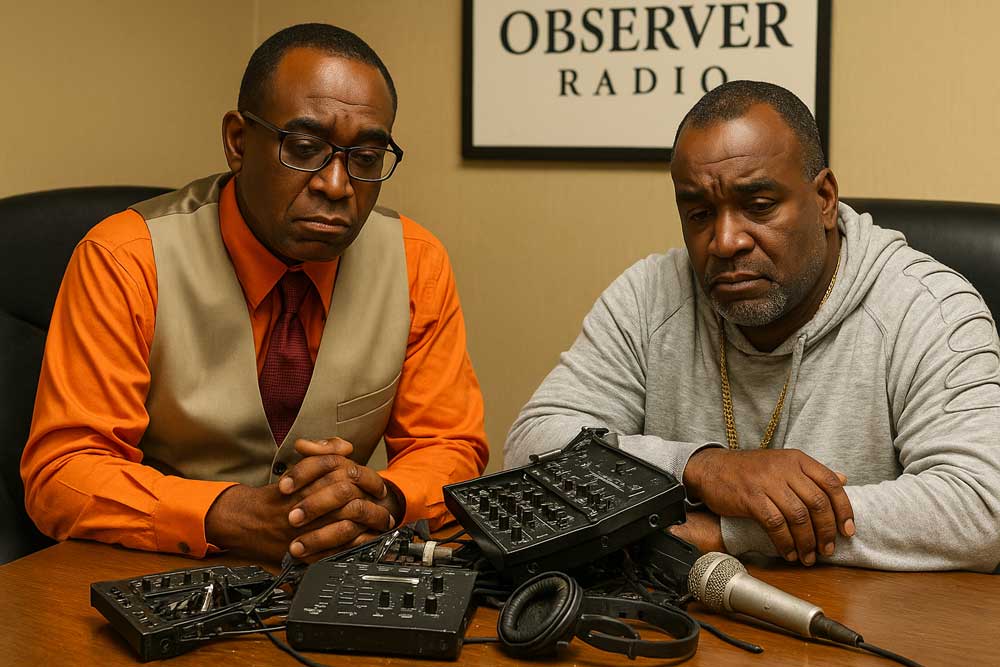Drake’s legal team is particularly interested in the financial framework surrounding Lamar’s collaboration with UMG, requesting insights into executive compensation and bonus structures dating back to 2020. The court emphasized the need to continue the discovery process, countering UMG's arguments regarding the burdensome nature of retrieving the data.
This legal strife originates from a series of lyrical exchanges between the two artists, reflecting their longstanding rivalry. With “Not Like Us” emerging as a commercial success for Lamar, the stakes are high as Drake accuses UMG of knowingly promoting baseless allegations that he is a paedophile. Both UMG and Spotify have denied allegations of collusion regarding manipulated streaming figures.
As tensions escalate, legal representatives for UMG have reacted, stating that the claims lack credibility and characterizing Drake's lawsuit as an undermining of rap integrity. The ongoing lawsuit highlights the complexities inherent in artistic expression and legal boundaries within the music industry as both artists continue to navigate their public conflicts.
In the broader cultural context, Drake's lawsuit poses critical questions about the extent to which artistry can provoke legal consequences and how labels manage their artists’ reputations in an era of digital consumption.
###
Drake has been granted access to Kendrick Lamar's contracts in a defamation lawsuit over allegations in Lamar's song "Not Like Us". The ruling allows Drake's team to investigate the financial dealings between Lamar and Universal Music Group, which claims the lawsuit is an attempt to stifle creative expression. The unfolding legal battle reflects ongoing tensions between the two artists.
This legal strife originates from a series of lyrical exchanges between the two artists, reflecting their longstanding rivalry. With “Not Like Us” emerging as a commercial success for Lamar, the stakes are high as Drake accuses UMG of knowingly promoting baseless allegations that he is a paedophile. Both UMG and Spotify have denied allegations of collusion regarding manipulated streaming figures.
As tensions escalate, legal representatives for UMG have reacted, stating that the claims lack credibility and characterizing Drake's lawsuit as an undermining of rap integrity. The ongoing lawsuit highlights the complexities inherent in artistic expression and legal boundaries within the music industry as both artists continue to navigate their public conflicts.
In the broader cultural context, Drake's lawsuit poses critical questions about the extent to which artistry can provoke legal consequences and how labels manage their artists’ reputations in an era of digital consumption.
###
Drake has been granted access to Kendrick Lamar's contracts in a defamation lawsuit over allegations in Lamar's song "Not Like Us". The ruling allows Drake's team to investigate the financial dealings between Lamar and Universal Music Group, which claims the lawsuit is an attempt to stifle creative expression. The unfolding legal battle reflects ongoing tensions between the two artists.



















